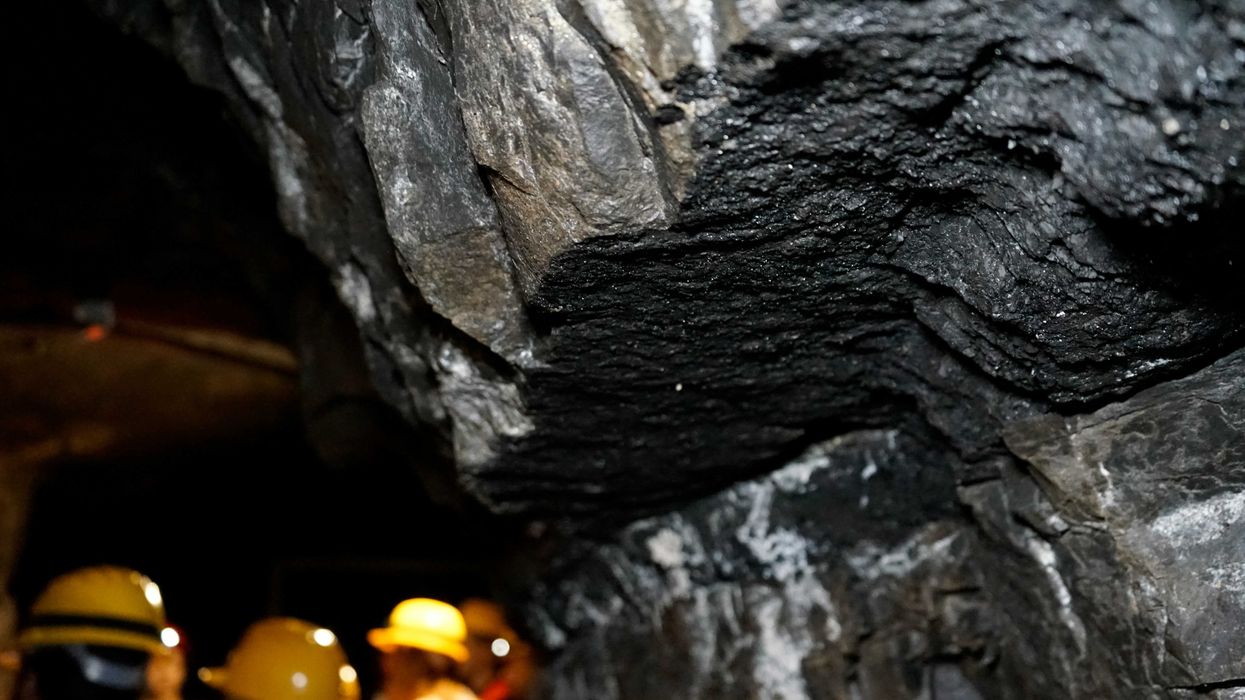Florida’s aging sewer systems are increasingly failing under pressure from overdevelopment and climate change, while federal and state cuts are gutting critical water testing programs that could warn the public about unsafe beaches.
Craig Pittman reports for Florida Phoenix.
In short:
- Major sewage spills have increased across Florida, with incidents in Pensacola, Palm Bay, and Fort Lauderdale releasing millions of gallons of untreated waste into bays, rivers, and streets.
- Budget cuts have slashed funding for Florida’s Healthy Beaches testing program from $1 million to zero, leaving many waterways unmonitored for dangerous fecal contamination.
- Despite bipartisan support, a bill to improve statewide pollution alerts was vetoed by Gov. Ron DeSantis, and efforts to revive it have stalled.
Key quote:
“The public needs to know about this when they’re going for a swim.”
— Katie Bauman, Surfrider Foundation Florida office
Why this matters:
Sewage spills contaminate Florida’s waterways with bacteria and viruses that can sicken swimmers and harm marine ecosystems. Leaking septic tanks and failing sewer lines fuel toxic algae blooms, which choke aquatic life and make beaches unusable. With more people living and vacationing in Florida, these systems are overloaded.
Climate change is compounding the problem. Rising seas push groundwater higher, overwhelming drains and sewers during storms and even high tides. Flooded homes and streets can quickly become contaminated with raw sewage. Meanwhile, cuts to water testing programs mean residents and tourists often have no idea if it’s safe to swim. Florida’s economy depends heavily on clean beaches, and without robust infrastructure and monitoring, public health and the environment are increasingly at risk.
Read more: Hurricanes drive a rise in infectious diseases, leaving communities vulnerable














